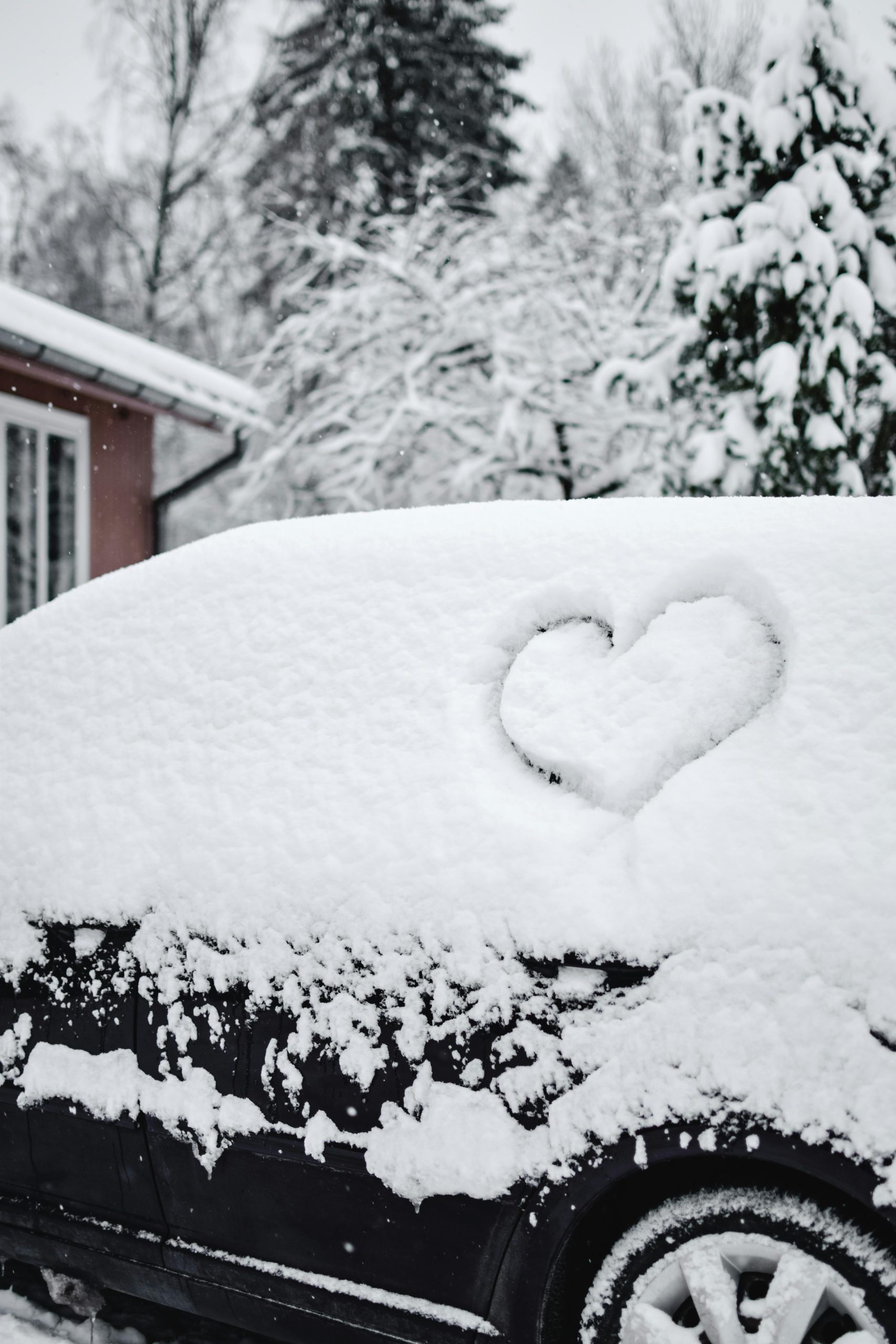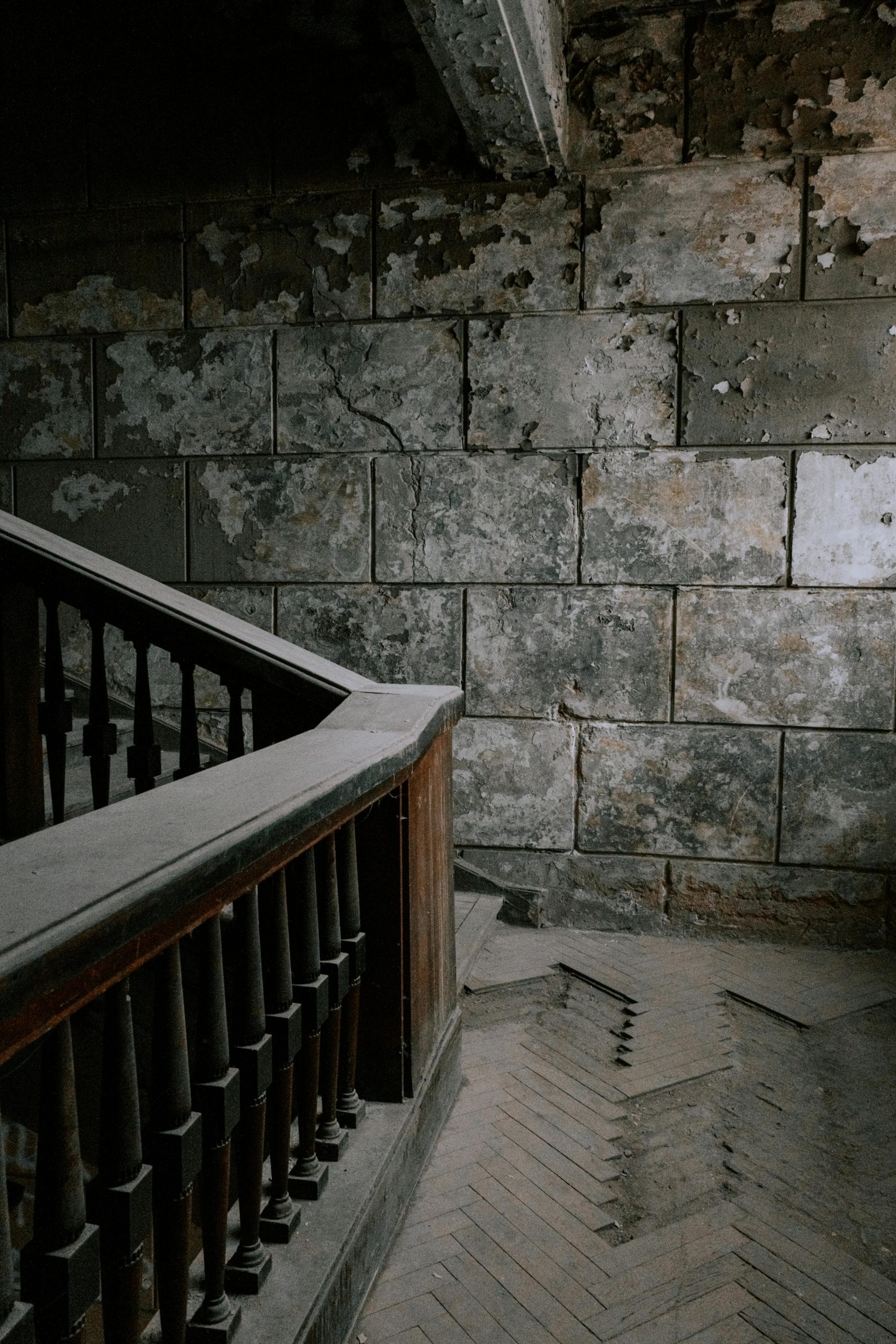Understanding Liability for Vehicle Damage in Your Driveway: A Guide for Homeowners and Vehicle Owners
Dealing with accidents involving parked vehicles can be a complex and stressful situation, especially when they occur on private property. Recently, a homeowner in Wayne County, Michigan, experienced such an incident when two parked vehicles in their driveway were involved in a collision. This post aims to shed light on the legal implications and what homeowners and vehicle owners should consider in similar scenarios.
Case Overview
The homeowner, who lives with their fiancée and her son, had a 2017 Ford Expedition parked in the driveway. Meanwhile, the son—aged 20 and covered under his mother’s insurance policy—was operating a vintage 1974 Ford F100 truck, which was also parked nearby. The truck was in the process of being worked on, but it was fully licensed and insured.
As the son exited his vehicle, it unexpectedly rolled backward, striking the front corner of the homeowner’s Expedition. The incident was fully captured on security cameras, confirming that he had just stepped out of the truck when it moved. The homeowner’s vehicle sustained significant damage, including a flat tire, bumper damage, and potentially damage to the suspension components. The truck, in comparison, suffered only minor scratches.
Insurance Considerations and Liability
Given that both vehicles were parked at the time of the incident, questions arise regarding fault and insurance coverage.
Who is responsible?
Although the driver exited the vehicle, the fact that it was left in neutral or without parking brake engagement could suggest negligence. Typically, if a vehicle rolls away due to operator oversight—such as not shifting into park or failing to set the parking brake—the owner or driver may bear liability.
Homeowner’s insurance or auto coverage?
Since the damage occurred on private property, homeowners insurance might cover some damages, but most auto policies are designed to handle such incidents. If the vehicle was insured, the owner’s auto policy should generally cover damages, especially if the vehicle was properly insured at the time.
Is this considered an act of negligence or an act of God?
In legal terms, the incident could be classified as negligence on the part of the vehicle operator, especially if standard safety precautions were not followed. An act of God (like a sudden mechanical failure) is less likely if the vehicle was confirmed to be left unattended and then started to move unintentionally.
Financial Implications
The homeowner’s vehicle, valued at roughly $12,



